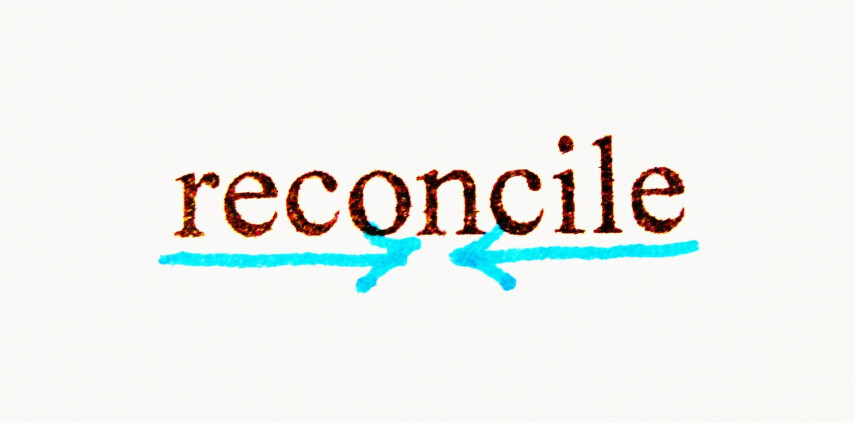Will it Last - or will it end?

Rethinking the “World” God Loves
What comes to mind when you hear the word world? For many Christians, especially when reading passages like 1 John 2:15—“Do not love the world or the things in the world”—we picture corruption, temptation, and everything God stands against.
But that’s not the only definition Scripture offers. The Greek word kosmos carries nuance. Sometimes it refers to the system of life that operates apart from God. But other times, it refers to the material cosmos—the created world: people, animals, trees, oceans, mountains, and yes, even the things we make—our cultural artifacts. Film, music, recipes, architecture, and even watercolor paintings. This world, in its physicality and creativity, was not just made by God, but called good by Him (Genesis 1:31).
Andy Crouch, in Culture Making, challenges us to think of culture as something that might not only reflect God’s image today, but also endure into eternity. “Will the cultural goods we devote our lives to… be identified as the glory and honor of our cultural tradition? Or will they be remembered as mediocrities at best, dead ends at worst?” he asks.
That question lingers: Will our cultural goods be remembered as bearing the weight of glory—or as mere ash?
It's not a stretch to believe that redeemed humanity might contribute to a redeemed creation. After all, we bear the image of a Creator. And as His creation, we are also creators. When we compose a symphony, steward a garden, write a novel, or design a tool—we are imaging His glory -- or merely echoing a fallen world’s decay, but we cannot help but be creators.
Consider the grand sweep of God’s involvement with His world:
- He made it—and called it good.
- He entered it—to redeem every inch of it.
- He will return—to glorify not just His people, but the very ground we walk on.
As Abraham Kuyper once said, “There is not a square inch in the whole domain of our human existence over which Christ, who is Sovereign over all, does not cry, ‘Mine!’”
This vision has powerful implications:
- The dignity of life: Every human bears God’s image. We’re not neutral on issues of life because God is not neutral about His image-bearers.
- Environmental care: The church should be known for tending to God’s creation. We’ve politicized stewardship when we were meant to practice it. Whether it’s animal care, pollution, energy policy, or local gardens—we may disagree on the how, but we can’t avoid the why.
- Governance and society: Our call isn’t just over nature, but people. How we parent, legislate, and engage society reflects our stewardship.
- Art and science: Every brushstroke, mathematical breakthrough, and technological innovation can echo the glory of God when it flows from a redeemed heart.
Adam was called to tend the garden. Jesus, the Second Adam, came not only to reclaim the garden but to perfect it. He is the better steward, environmentalist, artist, and leader. His death doesn’t mean abandoning this world—it means redeeming it.
So we must ask: Will what I’m making last? Will it glorify God, reflect His character, and point toward His Kingdom—or will it fade into irrelevance?
Because nobody loves the world more than God does—and we are called to share that same love, stewarding what is passing through our hands into His forever.

